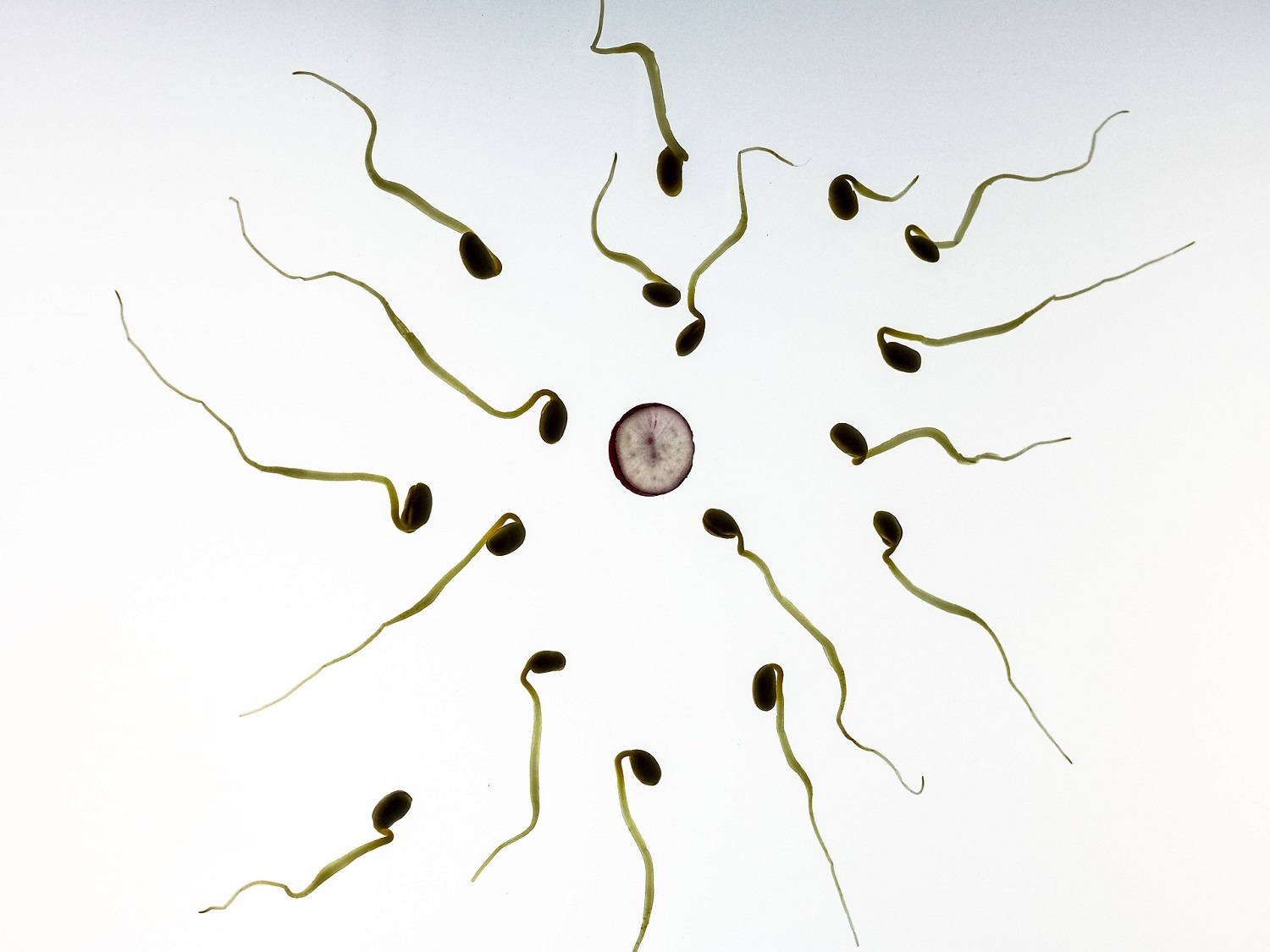Will there be a Covid-19 vaccine, affordable and accessible to all? International agencies including WHO, and pharmaceutical companies as well as the developed countries have promised so.
But the evidences suggest that demand for the vaccine will create the shortfall, and initially, only super rich nations will be able to make the vaccine available to their populations.
Wealthier countries are all set to monopolize the supply of the vaccine. In 2009, when the swine flu pandemic broke out, they did the same thing. Now, the experts fear that poor nations will suffer the same fate this time too.
U.S. and U.K. have moved to secure supplies from Sanofi and partner GlaxoSmithKline Plc. Japan has also signed a pact with Pfizer Inc.
Will the rest of the world will be waiting in the line to get the doses at affordable cost?
“Even if you have an optimistic assessment of the scientific progress, there’s still not enough vaccines for the world,” according to Rasmus Bech Hansen, Airfinity’s chief executive officer.
Vaccine front runners like the University of Oxford and partner AstraZeneca Plc and a Pfizer-BioNTech SE collaboration, are only few steps away from developing a weapon to fight the pandemic. But developers will have to ramp up manufacturing. It is feared that worldwide supply may not reach 1 billion does the first quarter of 2022.
The World Health Organization, the Coalition for Epidemic Preparedness Innovations, and Gavi, the Vaccine Alliance are working together to bring about equitable and broad access.
The initiative, known as Covax, aims to give governments an opportunity to hedge the risk of backing unsuccessful candidates and give other nations with limited finances access to shots that would be otherwise unaffordable.
However, Countries will have to enter into agreement with different vaccine manufacturers to raise their chances of getting supplies.
Supply concerns
The U.S. agreed to pay $1.95 billion for 100 million doses of a vaccine made by Pfizer Inc. and BioNTech SE. The U.S. has already ordered experimental shots including one co-developed by the University of Oxford and AstraZeneca Plc.
The U.S. deals have stoked concerns that other countries, especially poorer regions of the world, will be left behind. Other rich countries, such as the U.K. and those in Europe, have also secured deals.
AstraZeneca, which is developing a vaccine with Oxford University, has committed to supply 300 million doses to COVAX. The drugmaker has already signed a deal with four European countries — France, Germany, Italy and the Netherlands — to supply them with 400 million vaccine doses at cost, if it proves effective.
The Pfizer vaccine would be available to the American people for free, according to the government.











